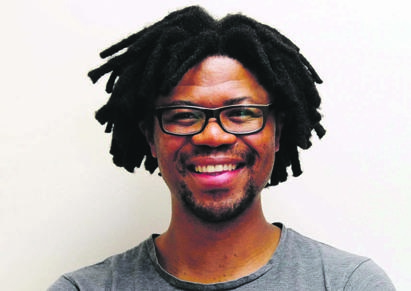
The big talking points in the Springboks’ recent resurgence have been their defence, conditioning and their work off the ball, but Rassie Erasmus’ use of the bench has gone a little unnoticed.
Thanks to the All Blacks’ success, which has been based in no small part on the mind-melting intensity their substitutes have introduced late in games, we’ve all come around to the understanding that bench players are impact players and not reserves.
Over the years, subs have evolved from players who weren’t good enough to make the starting line-up to guys who can be relied on to ratchet up the intensity when they come on.
Due to the speed and explosiveness required, sitting on the bench has become a young man’s game. The New Zealanders call them finishers, but Erasmus – ever the tinkerer – has introduced the concept of closers with a liberal sprinkling of older players on the bench this season.
Said older heads have included prop Beast Mtawarira, loose forward Francois Louw and, to an extent, fly half Elton Jantjies. Of course, in keeping with the experimental nature of pretty much everything Erasmus has done thus far, how the bench has been used hasn’t consistently been a success.
We’re still scratching our heads about Bongi Mbonambi’s 35th-minute substitution in the test against Australia in Brisbane due to exhaustion, when, to most of us, he should have been fresh as a daisy having only played his first game of the season in May.
Also, owing to a combination of being victim to the team’s rapidly improving conditioning and – as some might argue – not being entirely trusted by Erasmus in clutch situations, Marvin Orie, Embrose Papier, Ross Cronjé, Jantjies and Damian Willemse may have felt more like reserves than closers.
Orie got such little game time in the win against Argentina in Durban that he resorted to doing shuttles on the field while his team-mates did a lap of honour, and the rest have, at some stage or another, been unused substitutes.
But Erasmus’ tweak on the established finisher theme has worked in certain instances.
With respect to the big man, there is little about veteran Mtawarira that suggests impact player, especially with 106 test caps, so it was a surprise to learn he’d been named on the bench for the game against Australia in Brisbane.
While the, er, impact, wasn’t immediately obvious in that game (Mtawarira solved the questions fellow replacement Taniela Tupou started posing to starting prop Steven Kitshoff, but was erroneously blown off the park by the referee), but it worked a treat against the All Blacks.
Jantjies, who has been a starter since breaking into the Lions team in 2010, is another one who doesn’t see himself as a finisher, despite qualities (his sleight of hand and passing range) that should make him one.
But when he came on for Damian de Allende in Wellington, his combination with Handré Pollard, where their shared marshalling of the troops at 10 and 12 was a significant part of why the Boks kept calm in the frenzied last quarter of that upset, went some way towards confirming he may well have it in him.
The basic difference between finishers and closers is that the former, thanks to their explosiveness, can be relied on to chase the game or take it away from the opposition, while the latter, due to their experience, can keep their heads while clinching the deal.
When you take away the Bok urgency in defence and desire to strain themselves physically, and the mistakes those qualities forced the complacent All Blacks to make, the decisive factor of the miracle in Wellington was how the visitors held their nerve and how the hosts couldn’t under that mind-numbing pressure in the last five minutes.
And that was down to their having closers in their midst.
Follow me on Twitter: @Simxabanisa




 Publications
Publications
 Partners
Partners








